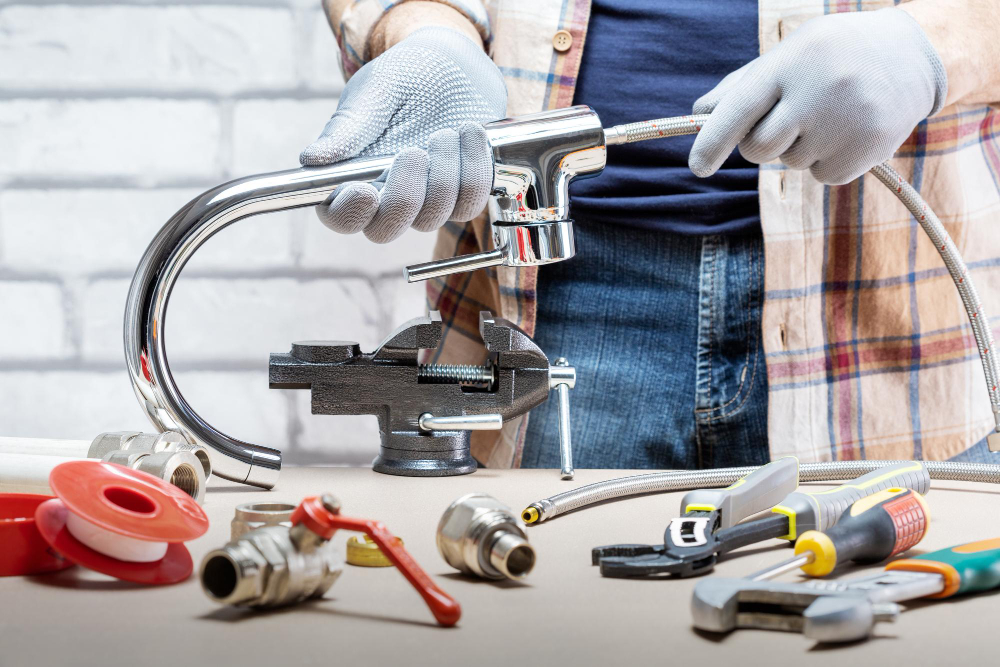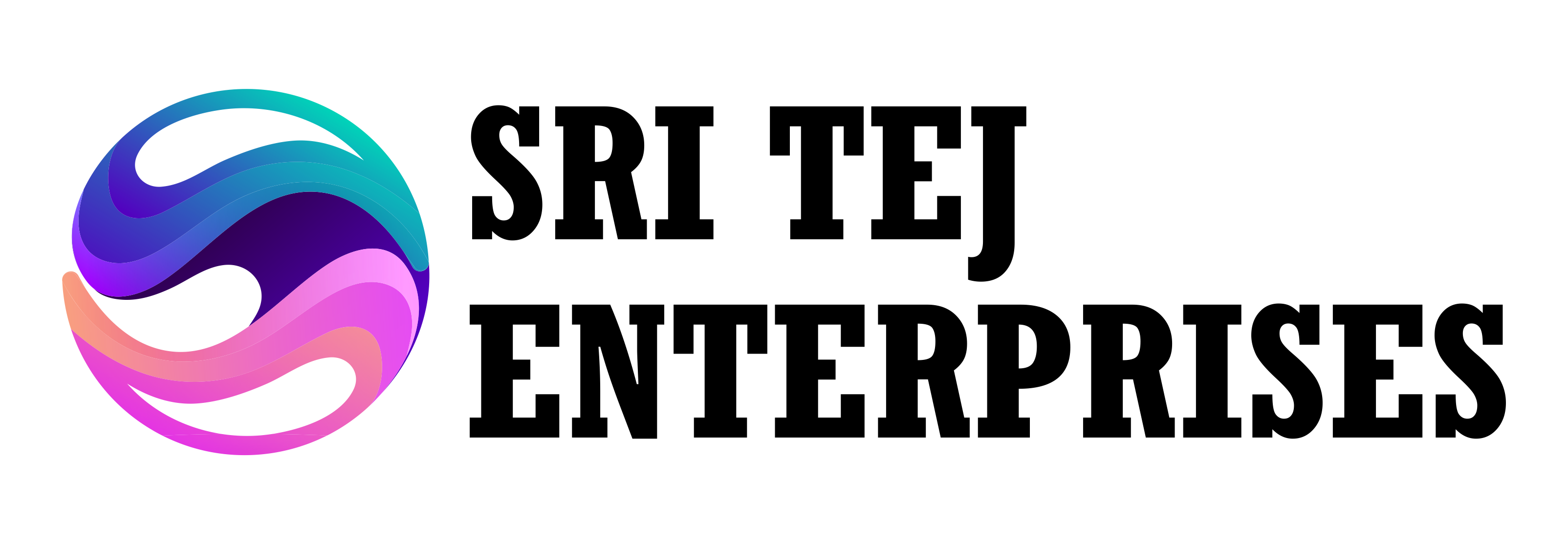Plumbing involves the installation and maintenance of systems that convey fluids, such as water and gas, within buildings. Pipes, fittings, valves, and fixtures are key components. Materials like copper, PVC, and cPVC are commonly used. Proper plumbing ensures safe water supply, efficient drainage, and gas distribution in residential, commercial, and industrial settings.

Certainly! Plumbing refers to the system of pipes, fixtures, and other apparatuses used for the distribution and disposal of water, as well as for the removal of waste. It plays a crucial role in maintaining public health and sanitation by providing clean water for drinking and other domestic purposes while also managing the safe disposal of wastewater.
Here are some key aspects of plumbing:
- Water Supply Systems:
- Potable Water: This is water suitable for human consumption. Plumbing systems bring potable water into buildings through pipes connected to a municipal water supply or private well.
- Water Treatment: Before entering the plumbing system, water often undergoes treatment processes to ensure it meets health and safety standards.
- Fixtures and Appliances:
- Faucets and Taps: These are devices that control the flow of water. They are commonly found in kitchens and bathrooms.
- Sinks and Basins: These are receptacles designed for the purpose of washing hands, dishes, and other small objects.
- Toilets: Plumbing systems include toilets for the sanitary disposal of human waste.
- Drainage Systems:
- Wastewater Removal: Plumbing systems are responsible for safely removing wastewater and sewage from buildings.
- Ventilation: Vent pipes are used to prevent the buildup of gases in the plumbing system, ensuring proper drainage and preventing unpleasant odors.
- Pipes and Fittings:
- Materials: Plumbing pipes can be made from various materials, including copper, PVC (polyvinyl chloride), PEX (cross-linked polyethylene), and more.
- Fittings: These are connectors that join sections of pipe, allowing for changes in direction and the creation of complex plumbing networks.
- Maintenance and Repair:
- Leak Detection: Regular inspection is important to identify and repair leaks promptly, preventing water damage.
- Clog Removal: Plumbers address clogs and blockages in pipes, often using tools like augers and drain snakes.
- Plumbing Codes and Regulations:
- Building Codes: Plumbing work must comply with local building codes and regulations to ensure safety and functionality.
- Permits: Depending on the scope of work, permits may be required for plumbing installations and renovations.
- Plumbing Professionals:
- Plumbers: Trained professionals who install, repair, and maintain plumbing systems.
- Plumbing Contractors: Businesses that specialize in plumbing services, including installations for residential, commercial, and industrial settings.

